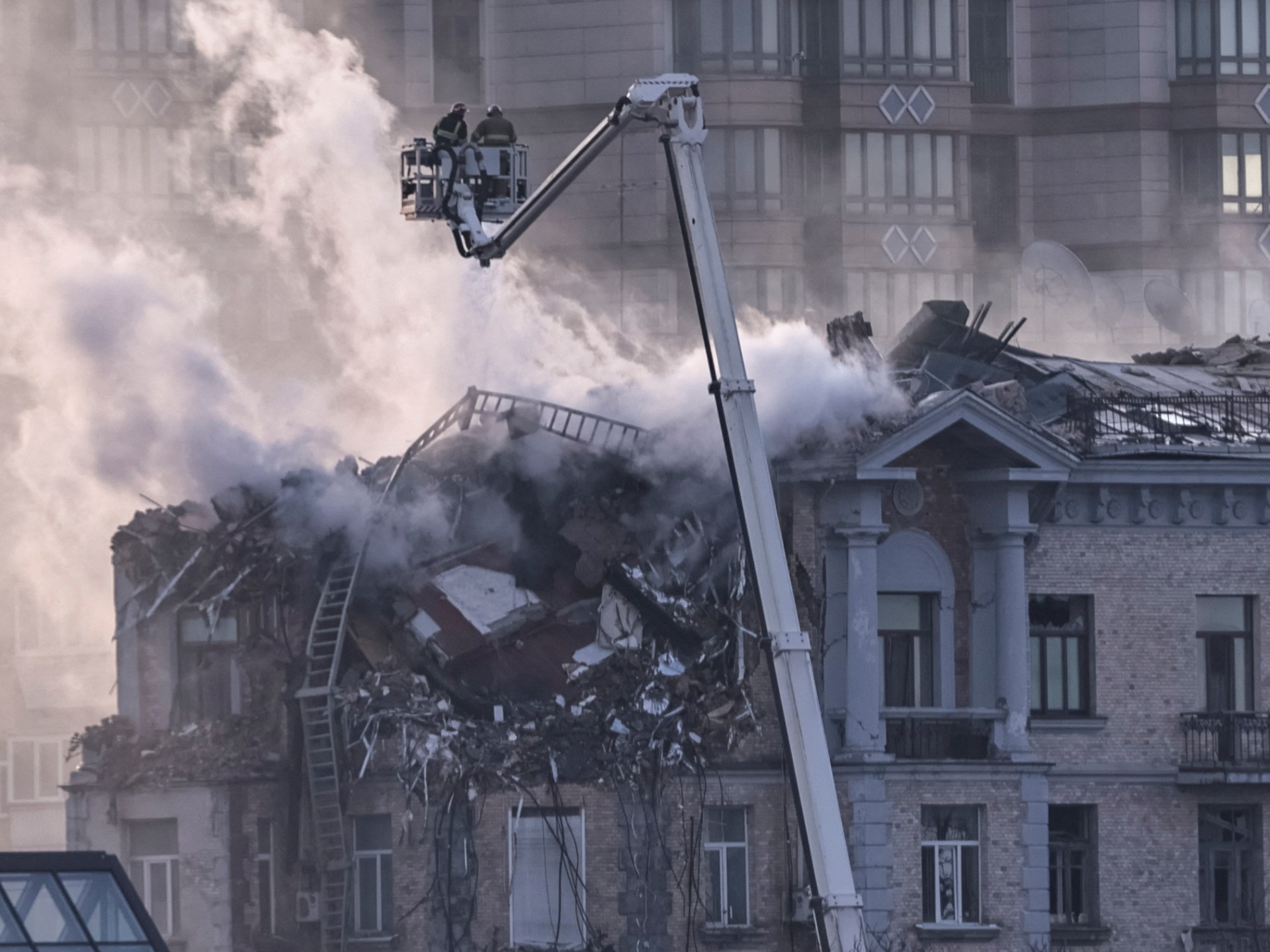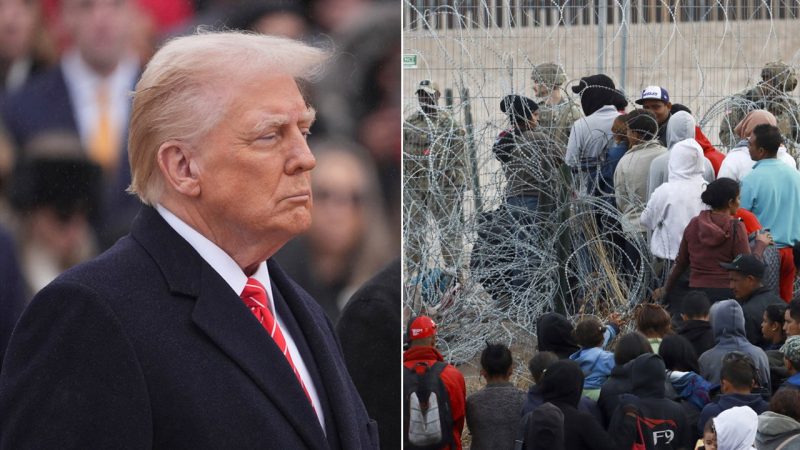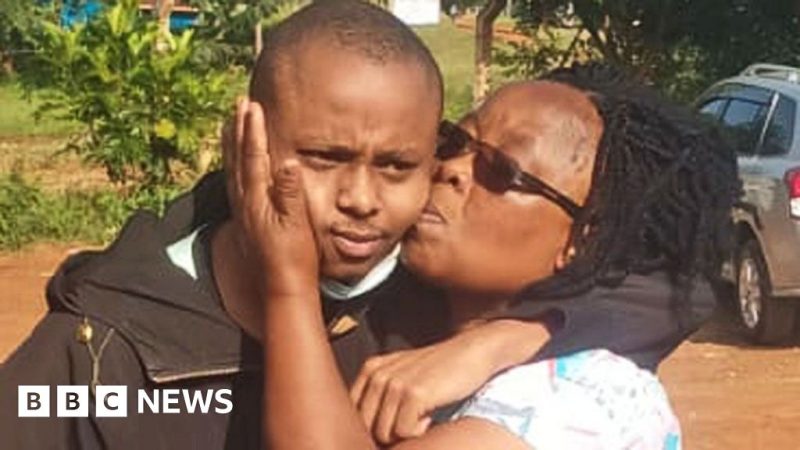‘Highest price for war’: Russia lost 430,000 soldiers in 2024, says Ukraine | Russia-Ukraine war News

Russia’s gradual, grinding advance in parts of Ukraine’s eastern region of Donetsk succeeded in wresting away 4,168 sq km (1,609 square miles) of fields and abandoned villages in 2024 – equivalent to 0.69 percent of the country.
That was the assessment of the Institute for the Study of War, a Washington-based think-tank, based on satellite imagery and geolocated video footage.
“Russian forces have seized four mid-sized settlements – Avdiivka, Selydove, Vuhledar, and Kurakhove – in all of 2024, the largest of which had a pre-war population of just over 31,000 people,” said the ISW.
Russian forces spent four months taking Avdiivka, and two months each for Selydove and Kurakhove.
“Seizing these settlements has not allowed Russian forces to threaten any notable Ukrainian defensive nodes,” said the ISW, adding that Moscow’s troops failed to conduct the kind of rapid, mechanised manoeuvre necessary to convert these “tactical gains into deep penetrations of Ukraine’s rear”.
At this rate, Russia would need two more years to complete its conquest of Donetsk alone, the ISW assessed – something Russian President Vladimir Putin had ordered his commanders to do by October 1.

Russia’s sacrifices to achieve these advances have been immense, as Ukrainian forces used their defender’s advantage to inflict high casualties, especially in urban settings where they fought building-to-building, street-to-street.
Ukrainian Commander-in-Chief Oleksandr Syrskii said on Monday that Russian forces had suffered an estimated 427,000 wounded and killed in 2024. A few days later, Ukraine’s Ministry of Defence put Russia’s losses last year at 430,790 soldiers – the equivalent of 36 Russian motorised rifle divisions – outnumbering its losses in 2022 and 2023 combined.
These losses amounted to an average of 1,180 a day, but casualty figures rose substantially towards the end of the year, as Russian forces increased their assaults in an apparent effort to influence the US election.
The highest monthly losses, the Defence Ministry said, came in November and December – 45,720 and 48,670 respectively – as Russia intensified its attacks in Donetsk.
“This year, the Russians paid the highest price for the war against Ukraine, as our army and all of our defence and security forces of Ukraine destroyed more enemy equipment and manpower than in any of the previous years of the war,” Syrksyi told his forces in an address on December 31.

‘1,700 killed and wounded every day’
Russia did manage to increase its daily land grab from 14 sq km (5.4 square miles) in October to 28 sq km in November but fell back to 18 sq km (11 square miles) a day in December. Apparently, its losses did not fall commensurately.
“Over the past week, the invaders have been losing about 1,700 people killed and wounded every day,” Syrksyi said on Monday.
December also produced two possible Russian casualty records.
On December 29, Ukraine’s general staff said Russian forces lost 2,010 people. They suffered a possible all-time record of 2,200 daily casualties in a total of 191 combat clashes on December 19.

Ukraine also estimated it had taken out 3,689 Russian tanks, thousands of armoured combat vehicles, and more than 13,000 artillery pieces. Ukraine’s navy said it sank five ships and 458 smaller craft.
Russia recruited North Korean fighters in an effort to relieve pressure on its manpower, but Ukrainian President Volodymyr Zelenskyy said a quarter of them had been wiped out.
“According to preliminary data, the number of killed and wounded North Korean soldiers in the Kursk region already exceeds 3,000 people,” Zelenskyy said in his evening address on December 23.

He more recently claimed Russia was killing North Koreans in danger of falling into the hands of Ukrainian forces.
“Everything is arranged in a way that makes it impossible for us to capture the Koreans as prisoners – their own people are executing them, there are such cases,” Zelenskyy said in an evening address on December 27.
Ukraine’s military intelligence, GUR, said more North Koreans were being brought to Kursk to replace losses.

Russia eyes Central Asia to heal economy
Putin appears to have prioritised manpower for the war over workers for the economy.
He signed a decree on Monday forcing all undocumented migrants to depart Russia by the end of April, but joining the military allows them to circumvent normal legal status requirements.
Ukraine’s Foreign Intelligence Service estimated Russia suffered from a labour shortage of 1.5 million people last year, as the available labour force declined by a million. Yet Putin’s decree would suck foreign workers out of the economy and put them on the front lines.
Putin acknowledged shortages of “hundreds of thousands” in an end-of-year news conference on December 19, but did not connect those shortages to the war. Instead, he proposed bringing more migrant workers from Central Asian countries.
He dwelled on the need “to develop a network of Russian schools there, to study the Russian language, to introduce people who are going to come to work here” and spoke of the need to increase labour productivity through higher technologies.
Ukraine and Russia have both transitioned to war economies, Russia’s financed by income from fossil fuels and Ukraine’s by aid from its Western allies.
Both have sought to become as weapons-autonomous as possible.
In his New Year’s address, Zelenskyy said 30 percent of the weapons Ukraine used last year were domestically made.
“I felt ashamed as a citizen that since the 90s, the state hadn’t noticed such people of ours,” he said. “And I am proud… that Ukraine is once again building its own, its own missiles. And for the first time, it produces over a million drones in a year.”
Ukraine has used aerial and naval drones of its own design to strike deep inside Russia and across the Black Sea.
Ukraine’s military intelligence said on Tuesday it used a SeaDragon missile launched from a Magura V naval drone to down a Russian Mi8 helicopter.
“Today, for the first time, a helicopter was shot down, it fell into the water. That is, the fact of the destruction of an air target over the Black Sea has been recorded,” Kirill Budanov, Ukraine’s intelligence chief, told a telethon.
GUR released footage of the strike. Previously, Russian helicopters struck in this war had managed to reach an airfield, he said.
Russia has also invested in drones, though it is hampered by Western sanctions on imports of sensitive technology.
Its drone plant in Alabuga, 1,000km (620 miles) east of Moscow, produced 5,760 drones in the first nine months of last year, Ukrainian intelligence sources told CNN, double its 2023 output.
Ukraine’s air force said in 2024, it faced a much greater missile and drone threat against critical infrastructure than in 2023, partly because Russia was also using decoy Shahed drones that do not carry explosives but confuse and overwhelm air defences.
“The enemy is trying to complicate the air situation as much as possible, overload our air defences and exhaust our sky defenders,” the air force said.
Throughout last year, Ukraine said it shot down 11,200 “attack” drones, of which 7,800 were Shaheds.
Kyiv alone faced 200 aerial assaults last year, the municipality said, involving 1,300 drones, more than 200 cruise missiles and 46 ballistic missiles.
Ukraine’s prosecutor general reported a civilian death overnight on New Year’s Eve, after a Russian drone crashed into a residential building in Kyiv. Another drone caused a fire at the National Bank of Ukraine.
The drones were part of a huge attack involving 111 Shahed kamikaze drones, Ukraine’s air force said, 63 of which it said it shot down.
Despite its rising weapons output, Ukraine remained highly dependent on supplies from its allies.
United States President Joe Biden on Monday announced $2.5bn in military aid to Ukraine, half of it in immediately drawdown capability.
Biden said the package represented the remainder of the $60bn in aid he signed into law for 2024, and included “hundreds of thousands of artillery rounds, thousands of rockets, and hundreds of armored vehicles” as well as air defence equipment.






